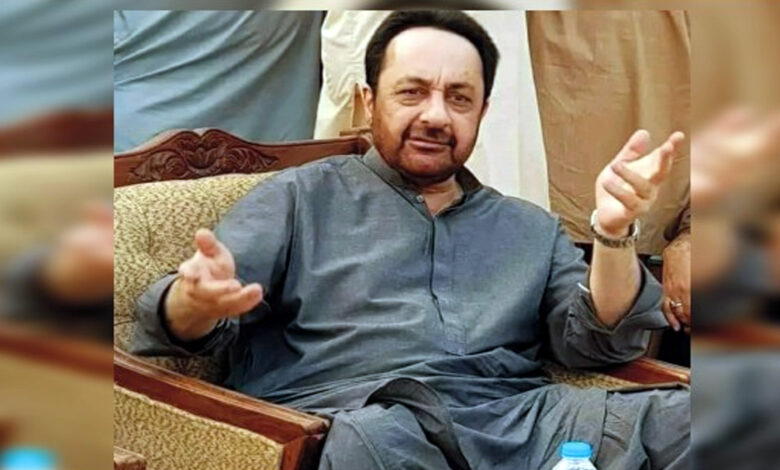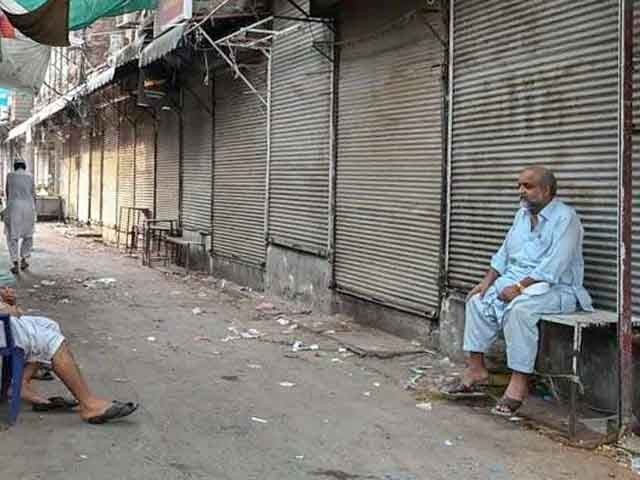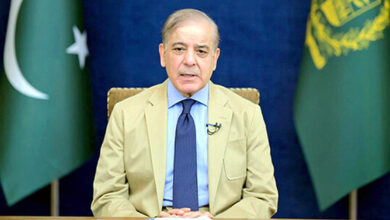Ghozan Khan Marri Highlights the Longstanding Struggles of Balochistan in the Face of State Repression

Kohlu:Ghozan Khan Marri has shared his perspective on the ongoing situation in Balochistan, stating that the province has been in a state of conflict for a prolonged period, where state oppression and violent actions are nothing new. He emphasized that the atrocities committed against the Baloch people, such as arbitrary arrests, pulling off women’s veils, pulling their hair, firing tear gas shells, and shooting unarmed civilians, have been a part of a systematic policy that has been ongoing from the era of Iskander Mirza, Ayub Khan, Zulfikar Ali Bhutto, Pervez Musharraf, and continues to this day.
Marri detailed the historical context of these atrocities, mentioning the martyrdom of Nawab Noor Muhammad Khan, who was forced to come down from the mountains on the pretext of an oath on the Quran, only to be martyred along with his sons. During Bhutto’s regime, Marri tribesmen were thrown out of airplanes, and Baloch women, especially those from the Marri tribe, were sold in Punjab markets. He stressed that the dignity of Baloch women is also of great importance. During Musharraf’s rule, homes were burned, extrajudicial disappearances occurred, mutilated bodies were found, and Nawab Akbar Bugti and Balach Marri were martyred. Marri pointed out that these acts reflect the exploitative system that persists today, and there are fears that this same treatment will continue in the future.
He further added that today, social media brings greater attention to incidents of violence, but the larger historical atrocities went largely unnoticed by the world due to the absence of global communication channels. He stated, “We will not forget the events of the past, nor will we ignore the injustices of the present.” Marri emphasized that the Baloch movement did not emerge suddenly but has deep historical roots, planted by the leaders of the past, including Agha Abdul Karim, Nawab Noor Muhammad Khan, Mir Safar Khan, Yusuf Aziz Magsi, Nawab Khair Bakhsh Marri, and others. These figures sowed the seeds, which have now grown into a strong movement.
Speaking on the political status of Balochistan, Ghozan Khan Marri said that regardless of which government comes to power, the policy towards the Baloch people remains unchanged. The same treatment that the Baloch endured in the past is still being repeated today. However, he noted a positive change, stating that today’s Baloch youth are no longer slaves to the feudal lords, tribal chiefs, or sardars. The younger generation is no longer relying on traditional tribal leaders and is willing to go to any length for their cause. This shift is evident as today’s Baloch youth are more likely to respond to voices like Dr. Maherang Baloch rather than tribal landowners’ calls.
Marri recalled how Nawab Khair Bakhsh Marri, in his last days, prioritized educated Baloch youth over outdated tribal leadership. He also highlighted how the state’s violent actions, including extrajudicial killings, enforced disappearances, and mutilated bodies, have fueled the Baloch national movement. Today’s generation, according to Marri, has moved beyond the demand for provincial autonomy and is seeking total liberation from the exploitative system.
Marri also mentioned the peaceful platform of the Baloch Unity Committee, where families of the missing persons are demanding their legal and human rights. Their demands are simple: to either present their loved ones in court, bring them back if they are alive, or at least inform their families of their martyrdom, so that widows and families can rebuild their lives. Instead of addressing these legitimate and legal demands, the state is resorting to tactics such as arrests, pulling women’s veils, firing tear gas, and shooting unarmed civilians.
Marri stated that the issue of enforced disappearances has been raised on every forum, but the state continues to ignore it. As for the ongoing military operations in Balochistan, Marri clarified that these operations have never stopped. They have been ongoing in some form and are likely to continue in the future. When asked about the arrest of Baloch Youth Committee (BYC) women leaders and others, Ghozan Khan Marri responded by stating that the situation in Balochistan has moved beyond condemnation to active resistance. Condemnation is merely lip service and self-deception.






